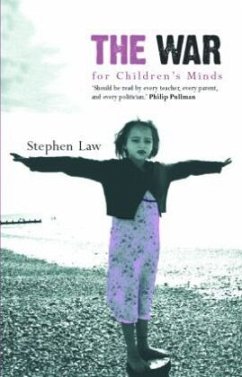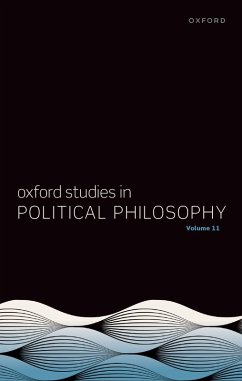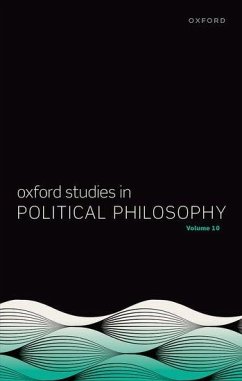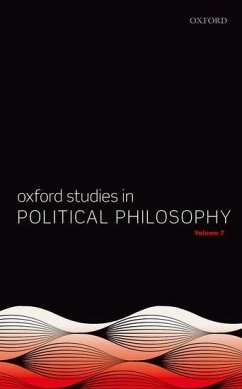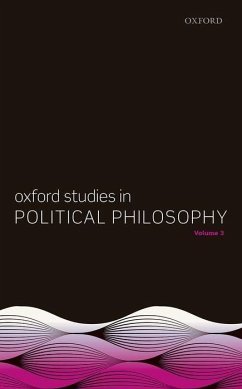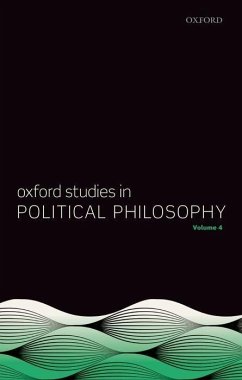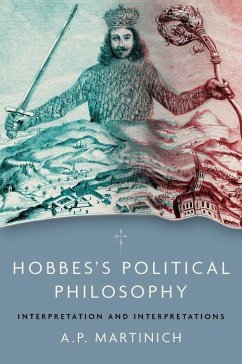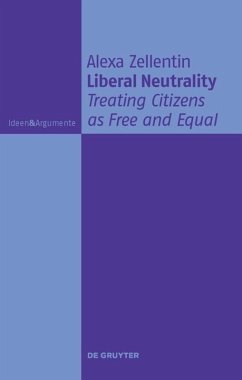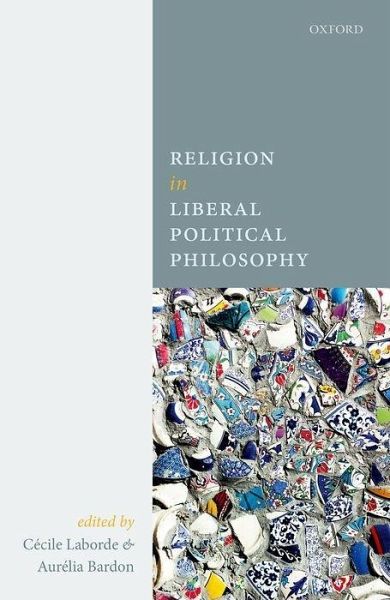
Gebundenes Buch
Religion in Liberal Political Philosophy
Versandkostenfrei!
Versandfertig in über 4 Wochen

PAYBACK Punkte
59 °P sammeln!




This volume provides a significant new contribution to the understanding of the normative status of religion in liberal political philosophy.
Cécile Laborde holds the Nuffield Chair in Political Theory at the University of Oxford. Previously, she was the Director of the Religion and Political Theory Centre at University College London. Aurélia Bardon is a Lecturer in Politics at the University of Liverpool. Her research focuses on public justification, especially on the implications of public justification for religion and religious reasons, as well as on secularism and bioethics.
Produktdetails
- Verlag: Oxford University Press
- Seitenzahl: 358
- Erscheinungstermin: 1. August 2017
- Englisch
- Abmessung: 249mm x 150mm x 28mm
- Gewicht: 680g
- ISBN-13: 9780198794394
- ISBN-10: 0198794398
- Artikelnr.: 47869122
Herstellerkennzeichnung
Libri GmbH
Europaallee 1
36244 Bad Hersfeld
gpsr@libri.de
Für dieses Produkt wurde noch keine Bewertung abgegeben. Wir würden uns sehr freuen, wenn du die erste Bewertung schreibst!
Eine Bewertung schreiben
Eine Bewertung schreiben
Andere Kunden interessierten sich für


